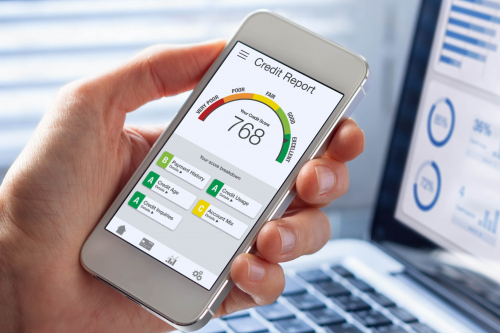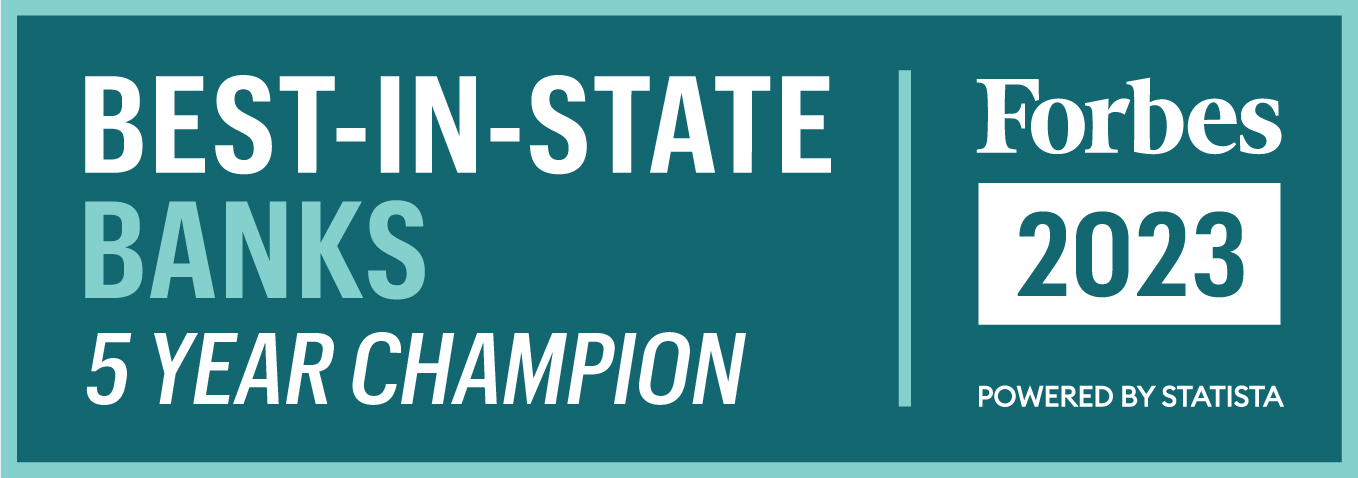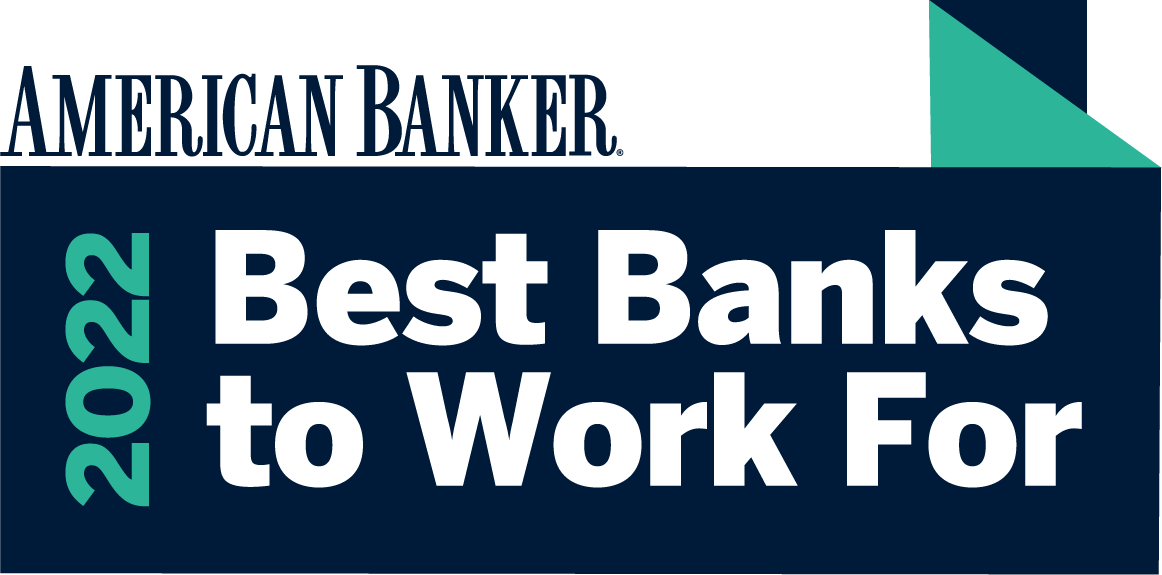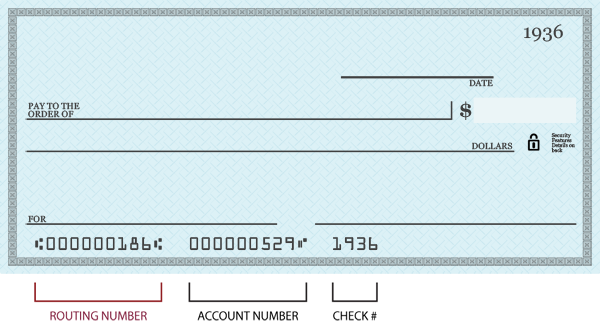Today’s world runs on credit and to achieve most financial milestones, having good credit is essential for financial success. Your credit score showcases your creditworthiness and is used by lenders and creditors to determine how likely you are to repay your loan. If you’re shopping for your first home, looking to lease a new car, or even applying for a new job, you already know how much credit matters.
Credit scores are used to assess credit risk and determine whether to extend credit. There are 3 major companies that create credit reports and scores: Equifax, Experian and Transunion. The most common type of credit score is a model created by the Fair Isaac Corporation (FICO). The average FICO score in America in 2020 was 710 and scores range as follows:
- 800-850: Exceptional
- 740-799: Very Good
- 670-739: Good
- 580-669: Fair
- <580: Poor
Not sure what your credit score is? Use our convenient online calculator to find out.
Working toward achieving or maintaining good credit history and a high credit score starts with understanding what the most common credit mistakes are and learning how to avoid them. Here are the top five:
Credit Mistake #1: Paying Your Bills Late
Poor payment history is one of the top ways to hurt your credit score, but one of the easiest to avoid. When you pay a bill late, depending on your credit history and the severity of the lateness, you could damage your credit score. And if this information is reported, it can remain on your report for seven years. If you have trouble keeping up with bills and due dates, there are online tools that can help. For example, consider signing up for online banking and Bill Pay. This will make it easier to move money from one place to another with one click and to perform other tasks, such as:
- Making Same Day/Next Day Payments
- Setting Up Automatic Payments
- Registering for Email or Text Reminders
Credit Mistake #2: Making Only Minimum Monthly Payments
You may be tempted to pay only the minimum monthly balance on your credit card, but think twice! Using this approach, you'll pay more in interest in the long run. It's better to have a three-prong strategy in place:
- Pay more than the minimum due every month, even if it's only a few dollars. Increasing your monthly payment by any amount will help you pay off the balance sooner and save you money.
- If possible, pay in full to avoid accruing interest.
- Keep balances low so that the payback is less daunting.
Credit Mistake #3: Carrying Too Many Revolving Accounts
It may be tempting to apply for credit at all your favorite stores, but it's better to exercise caution. A big factor in your credit score is how much revolving credit you have versus how much you are using. The smaller that percentage, the better.
Research credit card offers before applying, and only apply for ones you genuinely need and will use. Evaluate the offers:
- Read all the fine print. Look for cards that have no annual fees, feature cash-back rewards, and offer low interest rates.
- Don't be swayed by a percentage off your purchase at the register if you “apply today” for a new credit card.
- Don't apply for too many cards in a short period of time. This puts hard inquiries (a request to check your credit) on your credit report and that can affect your score. A hard inquiry remains on your credit report for about two years.
Credit Mistake #4: Closing an Account Too Soon
It's best to keep accounts open once you've established them. Your FICO score is based, in part, on how long you've had credit as well as how you maintain it. Follow these recommendations:
- Keep credit accounts open as long as possible (unless you’re not using the account and are being charged maintenance fees).
- Avoid closing the account you have had open the longest. It could have a negative impact on your credit score by lowering your average account age.
Credit Mistake #5: Not Checking Your Credit Reports
You're entitled to one free copy of your credit report every year. You can order these copies from each national credit reporting agency.
It’s important to review your credit report to verify that the information on it is correct. Remember, even if you do everything right, someone else might make a mistake that can damage your score.
To help manage your credit, look for a tool like Credit Sense which is available through Lakeland’s Online and Mobile Banking. This free service can help you understand your current score, provide access to your full credit report, provide credit monitoring alerts, show you how you can improve your credit score and provide ways to possibly save money on new and existing loans with Lakeland Bank.
When it comes to your credit, it’s important to do your research, be strategic, and to keep tabs on yourself. A healthy credit score takes patience, discipline and is an ongoing effort toward establishing healthy financial habits. At Lakeland Bank, we have the tools and resources to help you achieve financial success.
Looking for more ideas to manage your money? Check out these other blogs!




